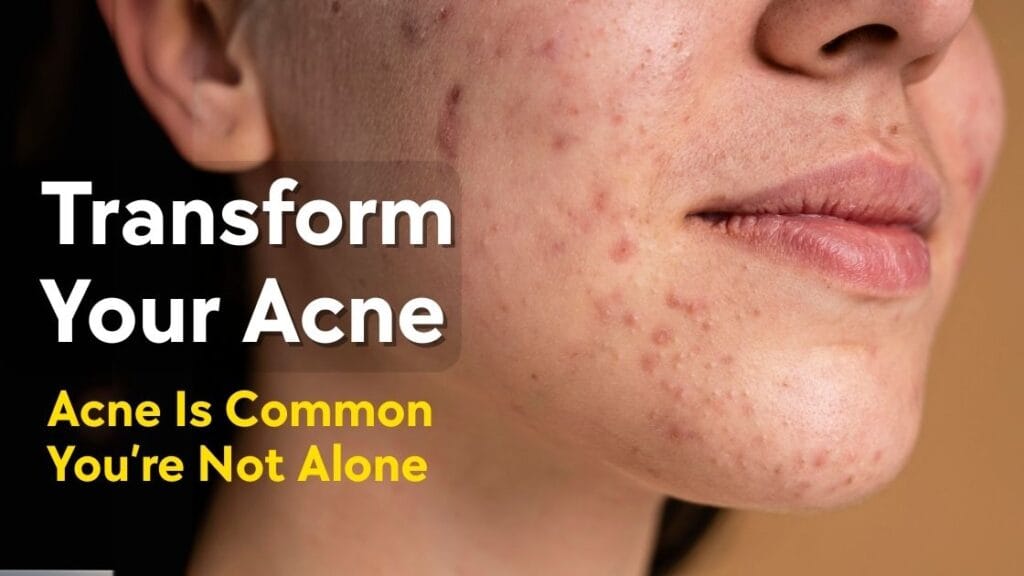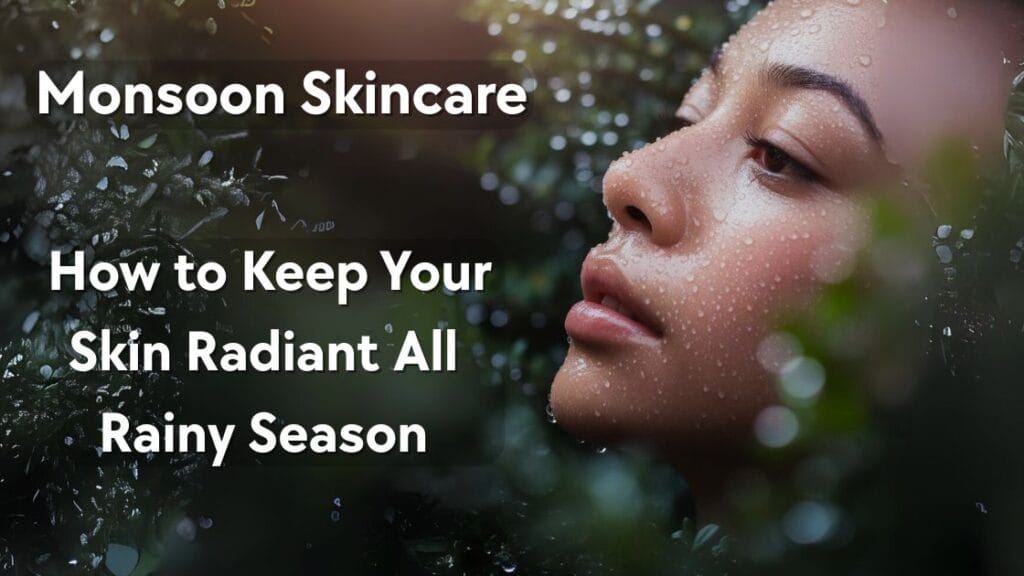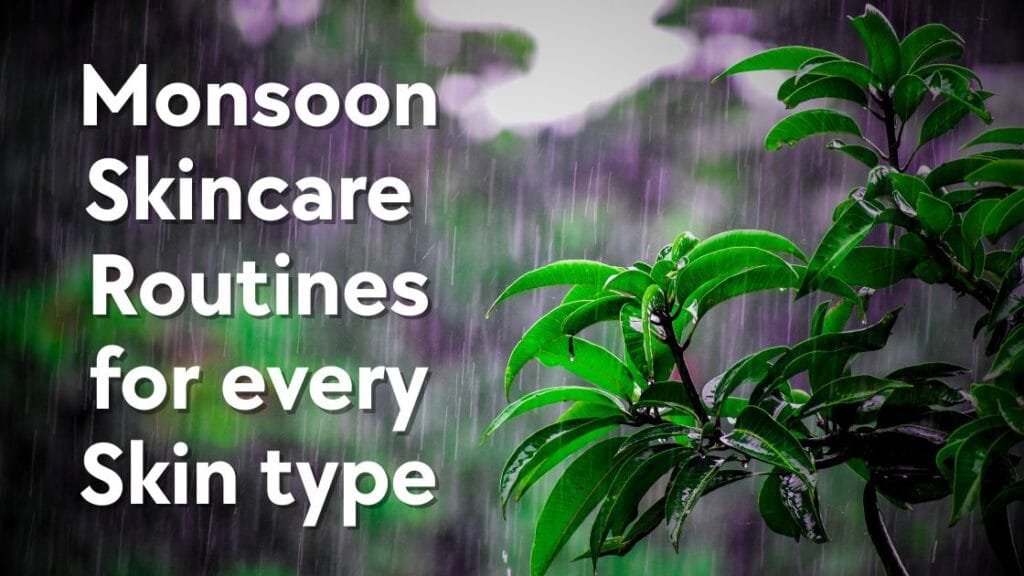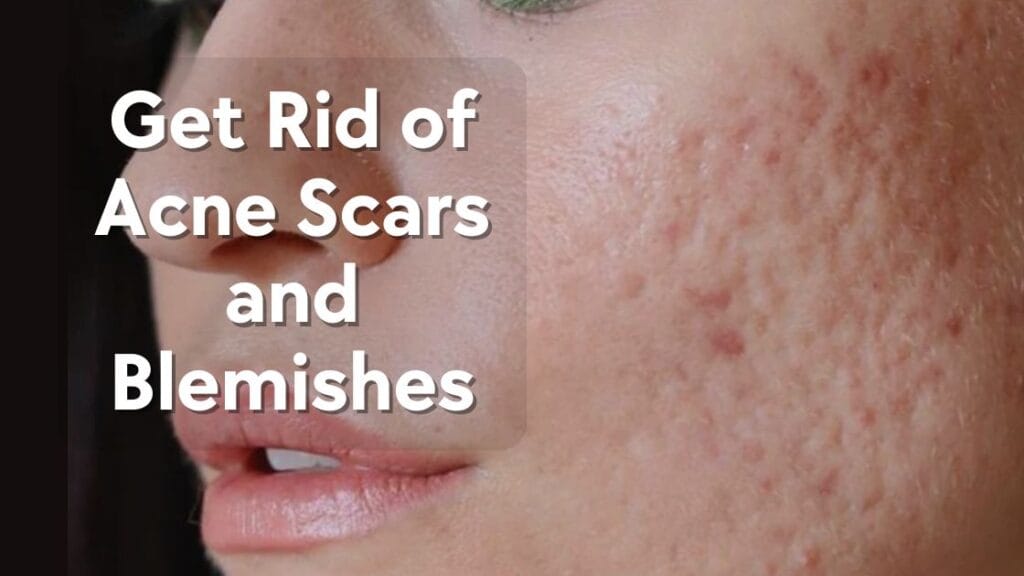Introduction
You know that moment when you spot a stubborn pimple before a big event? Yeah, that sinking feeling like, ugh, not again. Acne’s tricky like that. Maybe you’re a teen just navigating high school, a student juggling deadlines, or an adult still battling breakouts in your 30s. You’re not alone. Acne doesn’t care about age.
Let’s wander together through real science (yep, with sources), practical advice, and a few personal stories because, honestly, skincare info can be so dry, and no one wants that. We’ll keep it like a chat with a wise friend, sometimes messy, sometimes fragmented, always heartfelt.
What Causes Acne in Teenagers?
Puberty, right? That hormonal roller‑coaster ramps up oil production. More oil, combined with dead skin cells, leads to clogged pores and pimples. Dermatologists call it a recipe for breakouts. In fact, around 85% of people between 12 and 24 experience acne
I remember being 15, trying to sneak concealer under classroom lights… and then realising by lunchtime it looked more like a mask. Story of my life.
How Common Is Adult Acne Compared to Teen Acne?
Turns out, adult acne isn’t rare at all. Globally, about 9.4% of the population has acne, with the highest rates in teens and young adults. Still not tiny numbers in adulthood: Half of women in their 20s, a third in their 30s, and a quarter even into their 40s deal with it. Hard to see on Good‑Morning TV, but real life for many.
Why Does Acne Often Appear on the Chin in Adults?
Teen breakouts tend to pop up on cheeks and forehead, but adults, especially women, often notice them on the chin and around the mouth. That’s hormone territory: menstrual cycles, stress, pregnancy, or even menopause for some. I had this cluster on my jawline right before exams, and it felt like a giant spotlight on my stress levels.
Can Stress or Diet Really Make Acne Worse?
Yes, stress ramps up oil, and diet, especially sugary or high‑GI foods, can fuel inflammation. But it’s not just chocolate or greasy fries. It’s complex.
I once blamed pizza nights, but found my breakouts followed late-night cram sessions, not fries. Go figure.
What Types of Acne Bumps Are There, and How Long Do They Last?
There are blackheads, whiteheads, papules, pustules, cysts, nodules, each with its own vibe. Blackheads: open clogged pores; whiteheads: closed ones. Pimples vary from annoying swellings to inflamed lumps. Some vanish in days; cysts might linger for weeks.
Knowing what you’re dealing with helps choose the right care, like a gentle salicylic cleanser for blackheads, or something stronger for cystic acne.
At What Age Does Acne Usually Go Away?
Puberty‑phase acne might calm in the early 20s, but for many, especially women, it sticks around. Acne is often a lifelong companion, with nearly half of affected folks still having issues in their 20s and 30s
Can Overwashing or Cleansing Too Often Make Acne Worse?
Absolutely. Over-cleansing can strip natural oils, making skin overcompensate or simply get irritated. A gentle wash twice a day is usually enough.
Should I See a Doctor for Acne or Just Rely on Over-the-Counter Products?
If you’ve tried OTC gels, cleansers, and retinoids, and you’re still breaking out or developing scars, it’s time to chat with a dermatologist. Everyone’s skin and situation are unique.
How Does Location on the Face Differ Between Teen and Adult Acne?
We touched on this. Teens’ forehead, cheeks, chest, and back; adults’ jaw, chin, and mouth area, thanks to hormone dynamics and lifestyle differences.
Are There Lifestyle Tweaks That Can Significantly Help Reduce Adult Acne?
Sometimes the smallest habits make a difference. Washing pillowcases weekly, using a flannel instead of splashing cleanser (to avoid residue), cleaning hairline and sleep masks, these daily habits truly help.
I tried brushing teeth before washing my face, which sounds weird, but my jawline breakouts actually eased.
How Do Hormones and Genetics Play Roles in Acne?
Genetics matter a lot; up to 80% of acne susceptibility is inherited. Hormones, especially androgens and IGF-1, drive sebum production during puberty and sometimes adulthood. Conditions like PCOS amplify risks.
Personal Anecdote: The Dorm Room Breakout Crisis
Back in college, I shared a tiny dorm with just a desk and a bed. One week before finals, I thought switching my pillow was genius. Within days, I had cystic acne across the chin. Found out the pillowcase was full of laundry detergent buildup. Switched to a clean cotton one and magically, things levelled out. Tiny change, big relief.
FAQs (People Also Ask)
1 What causes acne in teenagers?
2 How common is adult acne compared to teen acne?
3 Why does acne often appear on the chin in adults?
4 Can stress or diet really make acne worse?
5 What types of acne bumps are there, and how long do they last?
6 At what age does acne usually go away?
7 Can overwashing or cleansing too often make acne worse?
8 Should I see a doctor for acne or just rely on over-the-counter products?
9 How does location on the face differ between teen and adult acne?
10 Are there lifestyle tweaks that can significantly help reduce adult acne?
11 How do hormones and genetics play roles in acne?
Conclusion
Acne, whether you’re 15 or 35, can feel relentless. But it doesn’t define you. Understanding what’s happening, trying small lifestyle tweaks, and knowing when to seek help, those choices change the game. You’re not battling alone, and every small step helps build confidence.
TL;DR
Acne is super common, affecting around 85% of teens and many adults, too.
Different ages, different breakout zones, chin clutter in adults, cheek and forehead in teens.
Hormones, stress, diet, products, and genetics all play a role.
Small habits matter: clean bedding, gentle cleansing, and watch your diet.
Persistent or severe acne? A dermatologist might be your next MVP.





